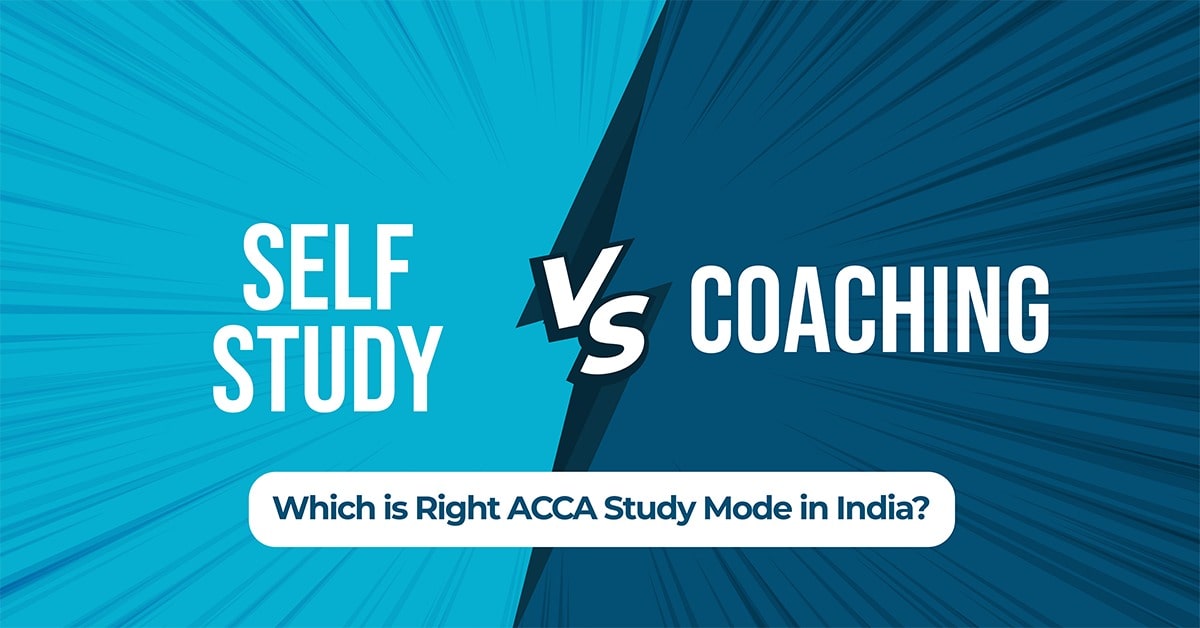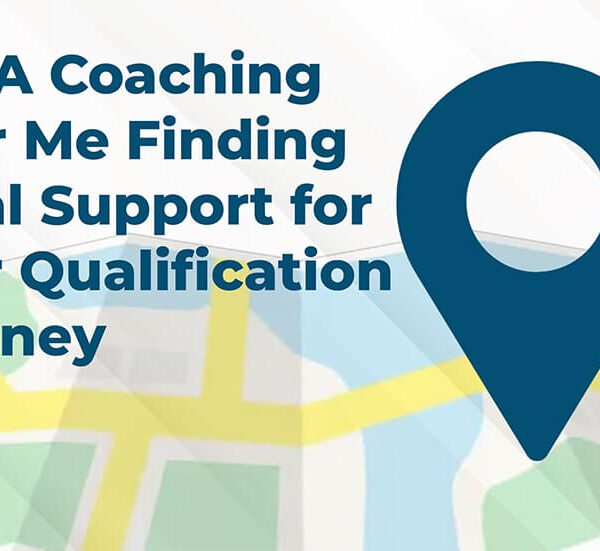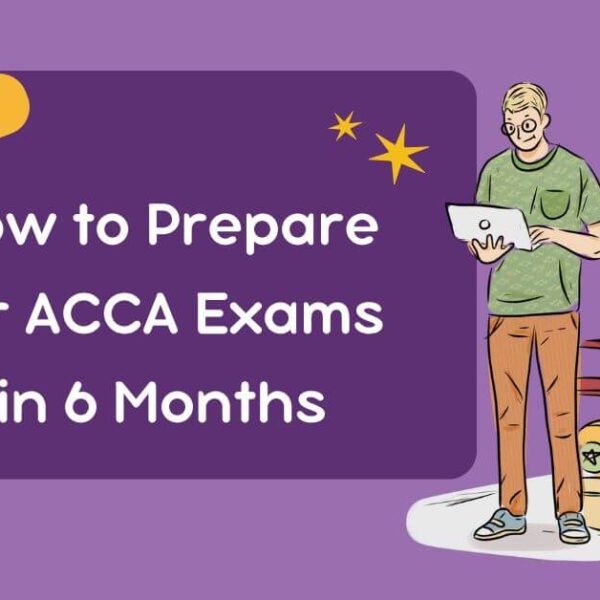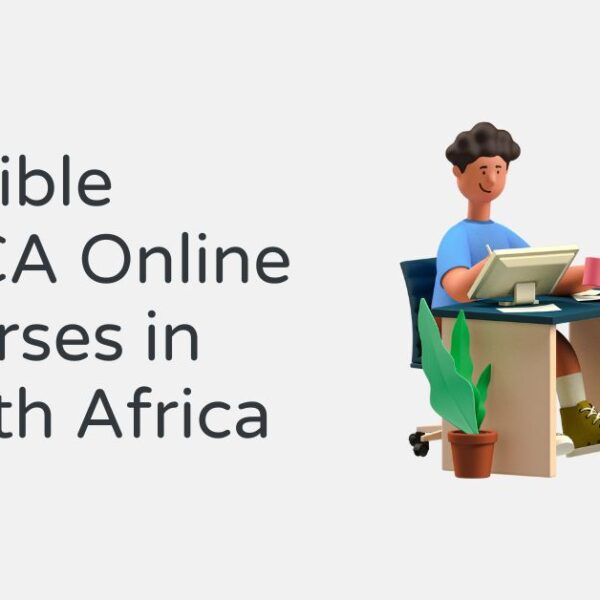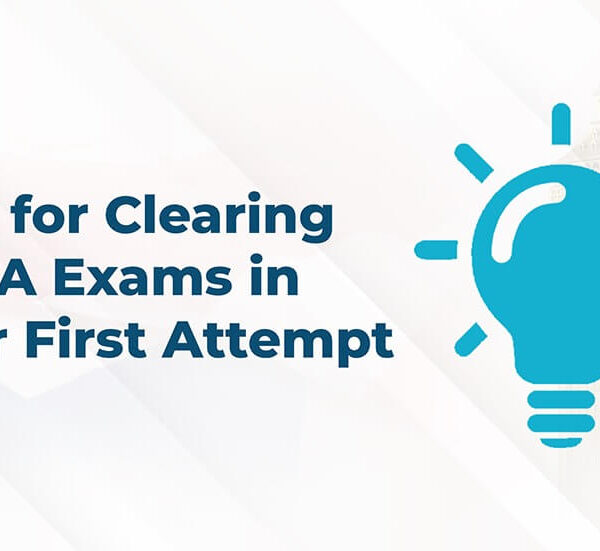For aspiring finance professionals in India, the Association of Chartered Certified Accountants (ACCA) qualification represents a pathway to global career opportunities. However, one crucial decision facing candidates is selecting the most effective study approach. This article examines the comparative advantages of self-study versus formal ACCA coaching in India, enabling students to make informed choices that align with their learning preferences and circumstances.
Understanding Your Study Options
ACCA preparation in India generally falls into two broad categories:
Self-Study Approach
The self-directed learning path involves:
- Independently studying using official ACCA materials
- Following a self-created study schedule
- Utilising online resources and question banks
- Taking responsibility for progress monitoring
- Optional use of supplementary study guides
Coaching Programme Approach
Structured learning programmes offer:
- Regular classes (online or offline) with professional instructors
- Predefined study schedules and milestone tracking
- Curated study materials and resources
- Peer learning opportunities
- Mock examinations and performance feedback
Comparing Key Factors: Self-Study vs Coaching
Several critical factors should influence your decision between these approaches:
Learning Style Compatibility
Your natural learning preferences significantly impact effectiveness:
Self-Study Benefits:
- Ideal for independent learners who prefer setting their own pace
- Suitable for those who process information better through reading and practice
- Effective for disciplined candidates who maintain motivation without external structure
Coaching Benefits:
- Structured for those who learn better through instruction and explanation
- Supportive for visual and auditory learners who benefit from presentations
- Helpful for those requiring external accountability and motivation
Time and Flexibility Considerations
Your existing commitments and schedule flexibility matter:
Self-Study Advantages:
- Complete flexibility to study at any time and from any location
- Ability to adjust intensity based on other commitments
- No travel time requirements for classes
- Option to progress faster or slower depending on comprehension
Coaching Advantages:
- Fixed schedule creating a regular study habit
- Predetermined progression ensuring systematic coverage
- Time-efficient explanation of complex concepts
- Structured approach to preventing procrastination
Cost Implications
Budget constraints often influence study decisions:
Self-Study Financial Factors:
- Lower overall cost (only purchasing required materials)
- Typical investment: ₹8,000-15,000 per paper for materials
- No additional coaching fees
- Potential for higher re-examination costs if unsuccessful
Coaching Financial Factors:
- Higher initial investment, including tuition fees
- Average coaching costs: ₹7,000-20,000 per paper
- Total investment including materials: ₹15,000-35,000 per paper
- Potentially lower overall cost if improved pass rates reduce re-examination fees
Examination Success Rates
Different approaches show varying results:
Self-Study Success Factors:
- Highly variable based on individual discipline and aptitude
- Requires exceptional self-motivation and consistency
- Works best for candidates with strong foundational knowledge
- Success rates improve with experience in professional examinations
Coaching Success Factors:
- Generally, higher pass rates for well-established providers
- Particularly beneficial for challenging papers
- Structured progression builds foundational understanding
- Regular assessment identifies and addresses weaknesses
Paper-Specific Considerations
The optimal approach often varies by examination paper:
Applied Knowledge Level
For introductory papers (BT, MA, FA):
Self-Study Viability: High
- Foundational concepts accessible through self-study
- Abundant resources are available online
- The multiple-choice format is more amenable to independent preparation
Coaching Value: Moderate
- Helpful for candidates without an accounting background
- Provides a foundational structure for future papers
- Builds study discipline for subsequent levels
Applied Skills Level
For intermediate papers (LW, PM, TX, FR, AA, FM):
Self-Study Viability: Moderate
- More challenging concepts require a deeper understanding
- Some papers (particularly FM, FR) benefit from expert explanation
- Success rates are typically lower for self-study at this level
Coaching Value: High
- Specialist guidance for complex technical concepts
- Structured approach to building application skills
- Regular practice with expert feedback
Strategic Professional Level
For advanced papers (SBL, SBR, Optional Papers):
Self-Study Viability: Low to Moderate
- Highly complex integration of knowledge
- The case study format requires a specific approach
- Professional judgment development benefits from guidance
Coaching Value: Very High
- Expert strategies for approaching integrated case studies
- Professional insight into examiner expectations
- Structured development of higher-order thinking skills
Creating a Hybrid Approach
Many successful candidates adopt a customised combination:
Selective Coaching Strategy
Focus coaching investment on:
- Most challenging papers based on historical pass rates
- Areas where you lack foundational knowledge
- Papers requiring specific examination techniques
- Strategic Professional-level papers
Self-Study Enhancement
Improve self-study effectiveness through:
- Joining online ACCA student communities
- Participating in study groups with peer accountability
- Utilising ACCA’s official resources and webinars
- Following structured study plans from reputable sources
Practical Decision Framework
Consider these steps when making your choice:
Self-Assessment
Honestly evaluate your:
- Learning style preferences
- Self-discipline and motivation levels
- Prior accounting knowledge and education
- Time availability and other commitments
- Financial resources for qualification
Paper-by-Paper Planning
Create a customised approach for each paper:
- Research pass rates for different papers
- Identify your strengths and weaknesses
- Consider progressively increasing support for higher levels
- Plan for maximum support in challenging areas
Provider Evaluation
If choosing coaching, thoroughly assess:
- Pass rates and student testimonials
- Faculty qualifications and experience
- Learning resources and support systems
- Schedule compatibility with your availability
- Value-added services like placement assistance
Success Strategies for Each Approach
Maximising Self-Study Success
If pursuing independent study:
- Create a detailed study schedule with milestones
- Join online forums for peer support
- Practice extensively with past examination questions
- Record your understanding through notes and mind maps
- Schedule regular self-assessment through mock examinations
Optimising Coaching Benefits
If enrolling in a coaching programme:
- Complete pre-reading before classes
- Actively participate during sessions
- Supplement with independent practice
- Utilise all available resources and support
- Seek clarification for concepts not fully understood
Conclusion: Making Your Personal Choice
The decision between self-study and ACCA coaching in India should be based on your learning style, circumstances, and specific paper requirements. Many successful candidates create personalised approaches combining elements of both methods, adapting their strategy as they progress through the qualification.
Remember that the ultimate goal is not just examination success but developing professional competence that will serve your career. Select the approach that best develops both your technical knowledge and practical application skills, taking into account your circumstances and learning preferences.
Whether you choose self-directed study, structured coaching, or a hybrid approach, consistent effort and systematic preparation remain the fundamental requirements for ACCA success. The right study mode creates the optimal environment for your learning journey.

